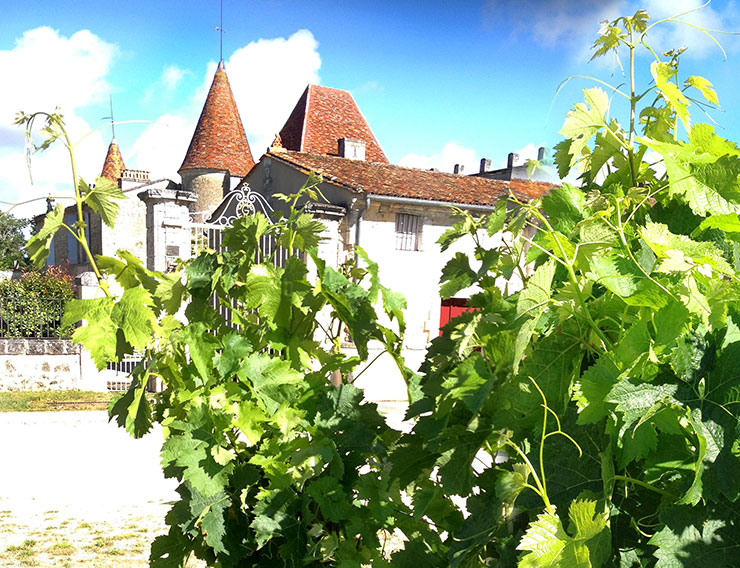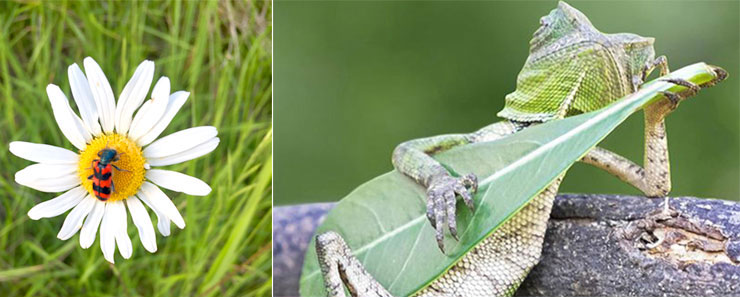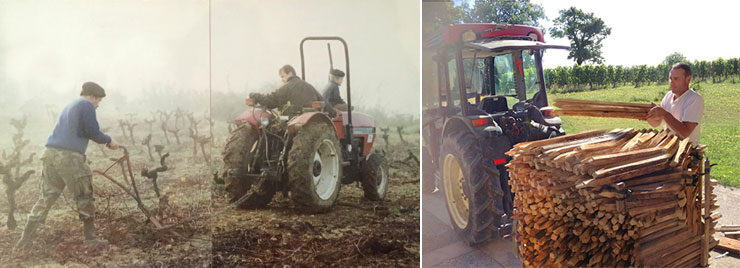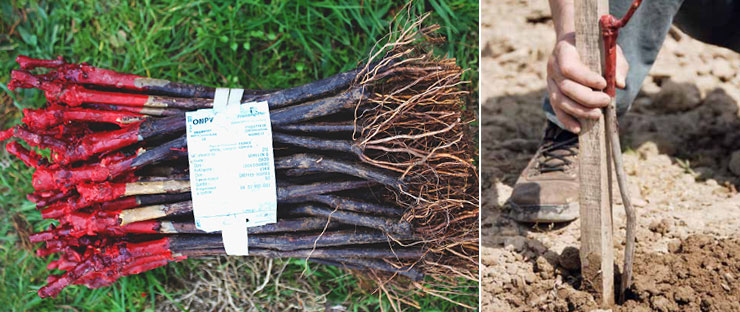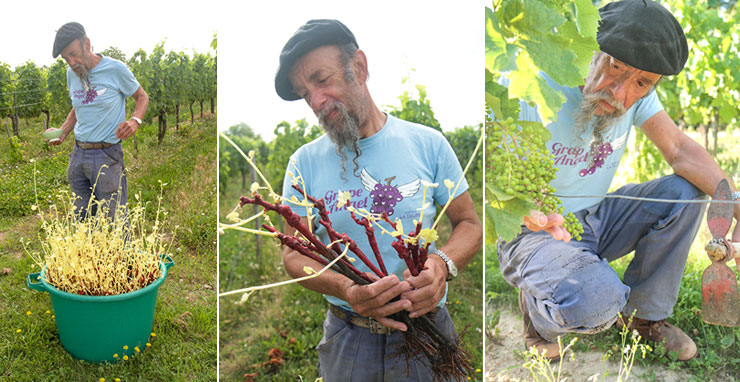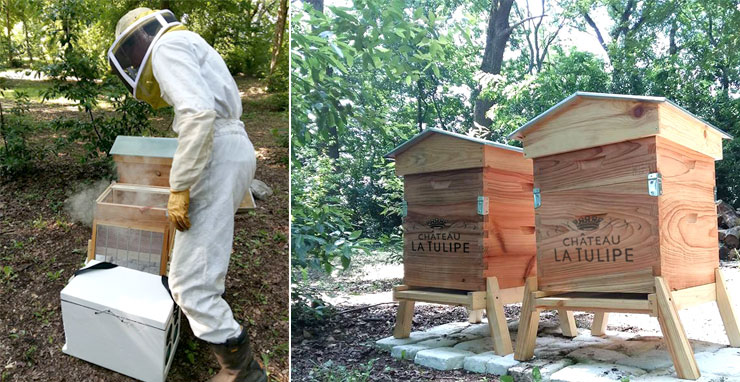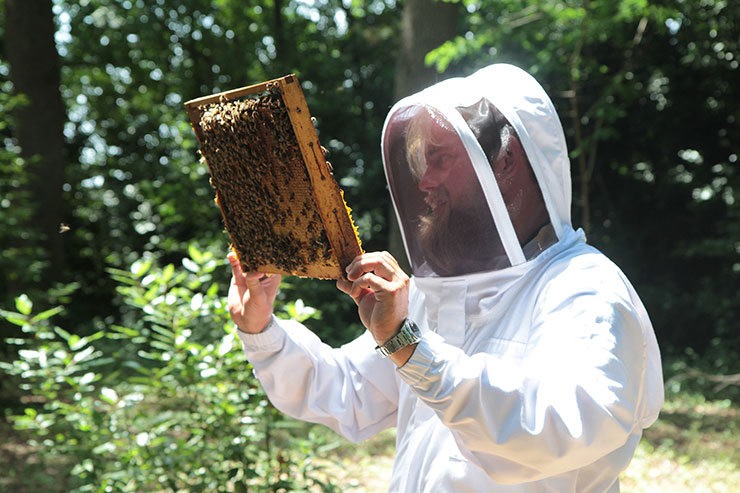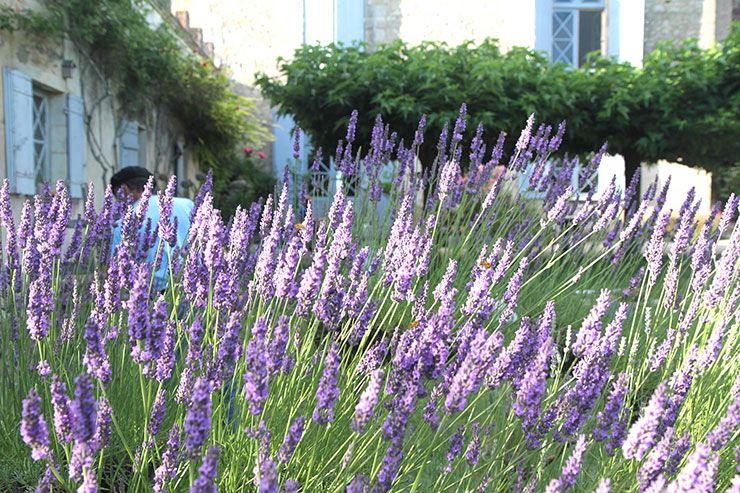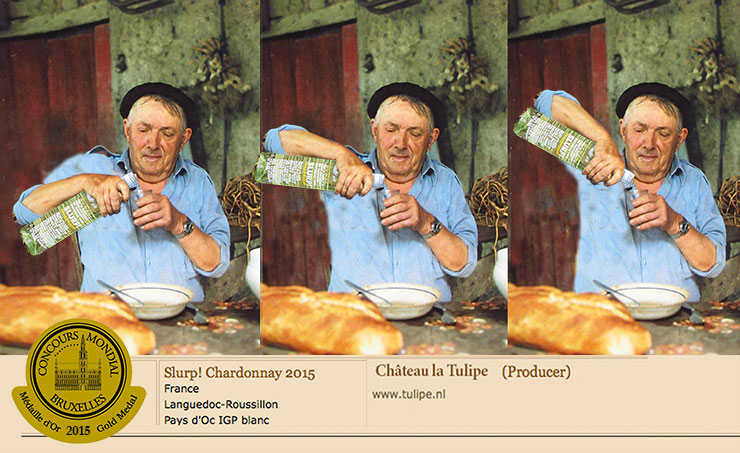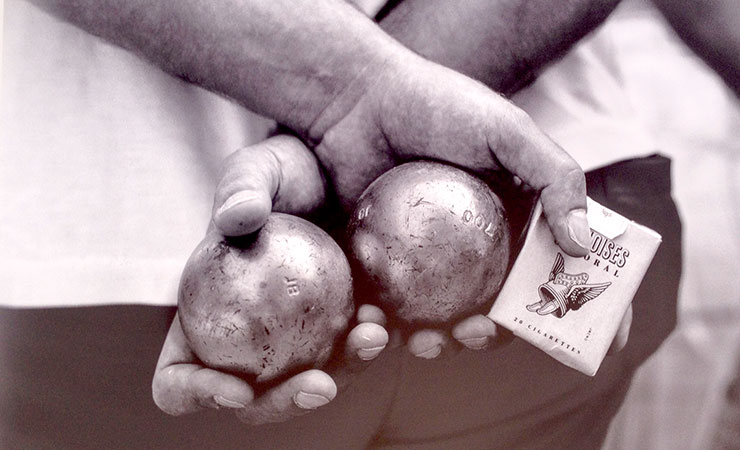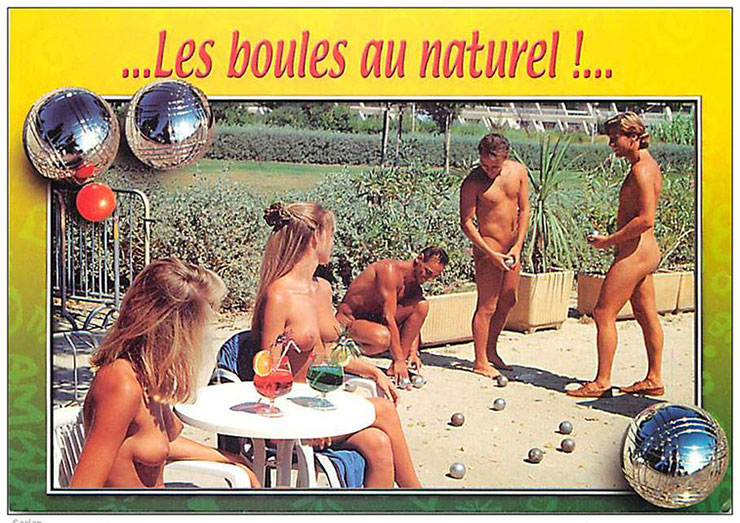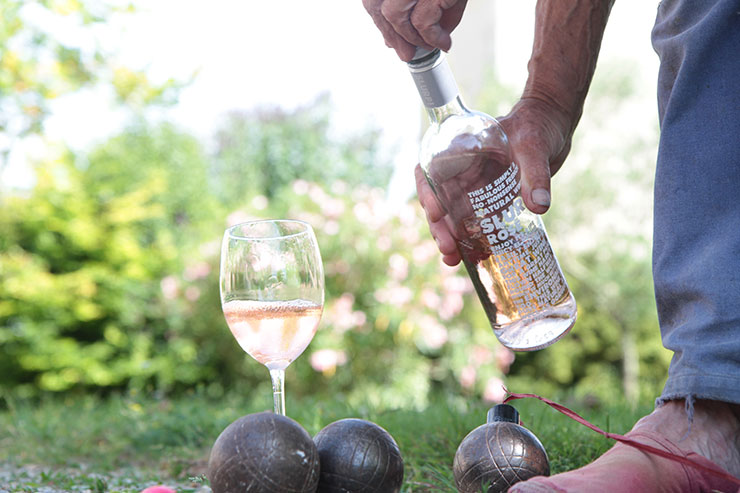if the Slurp! isn't displayed properly, click here |

Allô, allô, Bonjour!
This summer issue tells us of happy vineyard dwellers, 63.748 guests, a brand new wine, a gold medal and the most important bit: secret holiday tips!
Allez, on y va!
|
|
|
Field animals sing their praises |
Spurred on by some slightly overzealous spring showers, the new shoots sprout explosively in their quest for freedom.
|
However, let us not utter a bad word about this year's spring; there is a party going on amongst the grapes. Because we produce our wine organically all the happy creatures that inhabit the vineyard are buys celebrating the return of the spring sunshine.
|
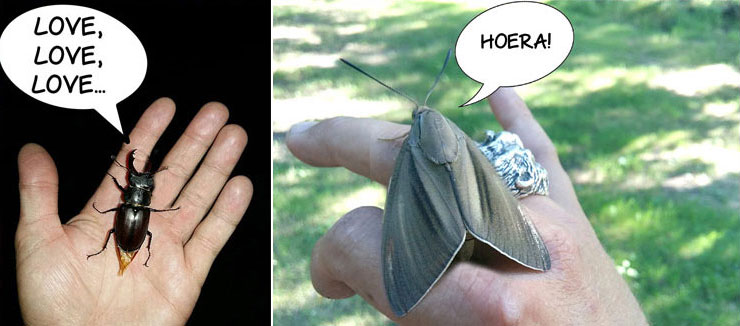 |
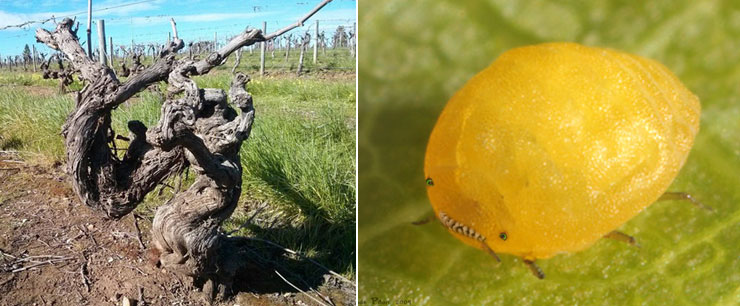 |
Grapevines are just like people: they enjoy company, good food and don't shy away from the occasional drink.
There is one other major fact they have in common with us: grape vines die. A tractor accident, old age, or perhaps by way of one of the many creepy crawlies that prey on them. There are plenty of nasty beasties out to get them, but among them there is one so fearsome that winemakers dare only whisper its name.
|
|
'THE DESTROYER', as the Phylloxera Vastatrix is better known. A little monster that spreads like wildfire and that was, in the late eighteen hundreds, singlehandedly responsible for the annihilation of pretty much every single vineyard in France. And not only in France but in most of Europe, reaching as far as Russia.
Cliquez ici for the dirty details
|
Dead wine plants have to be dug up. After that job has been done, the old supporting posts, the Piquets, are pulled out to make space for fresh ones.
|
Then you must head to the Pépinériste, the grape-nursery, and buy some baby-vines to be planted in spring.
|
Unless of course you, due to all sorts of obstacles (making tv programs, writing novels and such), are running very much behind schedule.
|
|
Then you'll find that the impatient baby-vines will have started to grow before they have even been put into soil. The above rascals have at last been planted and now it's only a matter of watering, pampering and treating them to the occasional serenade.
|
Worried about the Earth's plummeting bee population, we came up with a plan to have our precious vineyards fertilized by our very own flock of castle bees. We asked bee-whisperer Milan to come and prepare a home for two industrious bee colonies. Milan came, saw and indeed made a lovely home.
|
|
After all these efforts the bee tamer casually mentioned the fact that grapes are self supporting and do not need any help from flying passers-by to get their pistils pollinated; they can take care of their own fertilization.
|
Even so, the winegrower's son Klaas has blossomed into a capable beekeeper and we feel blessed in the company of our 63.748 bees. We haven't quite finished naming them all but that summery hum above the lavender is making us very happy.
|
And the winner is... Slurp Chardonnay |
We won a Gold Medal for our Slurp Chardonnay at the Concours Mondial des Vins in Brussels. Santé!
|
What to do in France after the sun sets |
As the day draws to a close, millions of French all around the country head over to the village square, Boules loosely in hand, and a measuring tape in the back pocket.
|
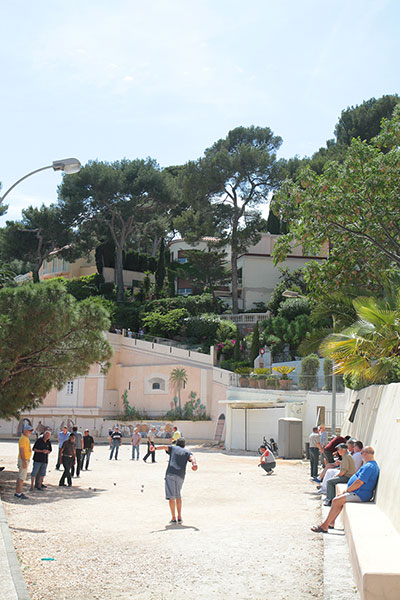
|
|
The clang of the metal balls hitting off each other, the little thuds as they drop on the fine dry sand, passionate profanities when a ball misses its target 'Merde! Putain! Connard!'
Emotions can run high on the playing field.
The tradition of meeting up on these lazy balmy little patches of earth underneath the plane trees dates back millennia. It is fed by the desire for company and for chewing the fat together whilst enjoying a glass of ice-cold Pastis.
But the French don't wear their hearts on their sleeves, so conversation largely concerns circles in the sand, wrongly drawn starting lines, or skillfully thrown balls.
If you know how to listen however, you will understand the subtext of these conversations: life, death and love.
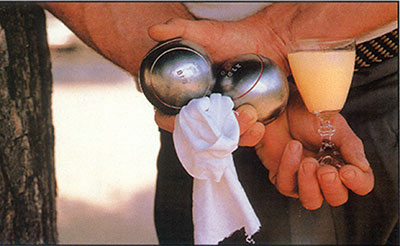
|
 |
The ancient Romans and the even more ancient Greeks never shied away from a game of Petanque. The game's popularity remained unchallenged until the Middle Ages when grumpy king Phillip the Tall from one day to the next decided to ban the game. Defying this ban was subject to severe penalties including the Breaking Wheel, drawing and quartering and the forced consumption of inferior wine.
|
|
This merciless king rather saw his people apply themselves to the defense of the country, something that generally cannot be efficiently done by throwing balls, so he issued a national Petanque embargo and ordered his subjects to train themselves in archery, sword fighting and the art of pouring boiling tar.
|
But the unruly French did not give a Merde about this royal decree and that is how petanque continues to this day to be the most popular game of France.
|
There is even a biannual world championship with no less than 48 countries participating. The last one took place in 2014 in Marseille and was won by (comme c'est curieux, et quelle coincidence)... France.
|
|
But all being well the 2016 championships will be held in Tahiti, so perhaps the other 47 countries are in with a small chance of winning.
|
Holidaying in France, a game of Petanque is an excellent way to make friends with the Gauls. Keep in mind that it's not about winning or even about the game itself but about the whole atmosphere surrounding it.
What follows is a basic outline of the rules.
Try and get your head around them now so you don't have to concentrate on that during the game and can instead focus on building warm relationships with the French.
|
|
That last point might seem a sheer impossibility but with a dash of knowledge of petanqeu and a generous measure of Joie de Vivre, you'll make it far.
Allez on y va!
|
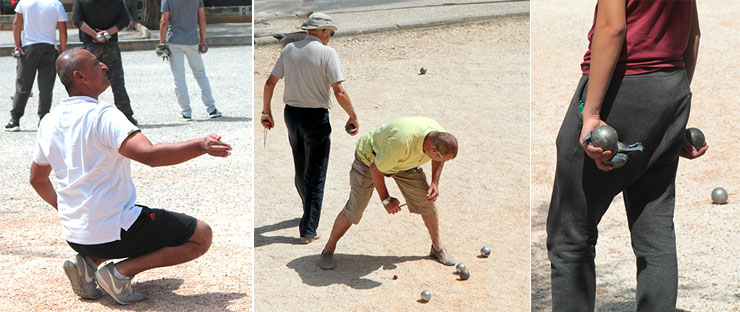 |
Petanque can be played individually or in teams, which is much more fun.
A team can consist of two players (a Doublette) or three (a Triplette). If your team contains three players, every player has two boules, in case of two players each has three balls.
|
|
The teams flip a coin to see who starts. The starting team draws a circle in the ground between 30cm & 50cm diameter, then throws the target ball, or But, out to a distance of between 6 to 10 meters (19.7 to 32.8 ft).
The starting team then throws their first boule, trying to get as close as possible to the but. Naturally you need to keep both feet within the circle and cannot move from your spot before your boule has hit the ground. |
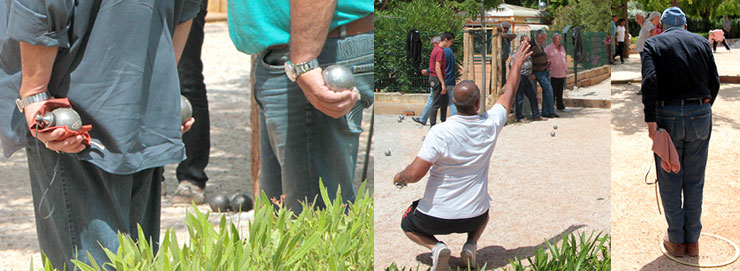 |
Then the second team's player stands in the circle, and tries to get their boule closer to the target than the opposing team. They can try to do this by rolling their boule; lobbing it; or even shooting at the opposing team's boule moving it away (Tirer).
If the second team does get a boule closer than any of its opponents, it's called "holding point" - and then the opposing team has to attempt to throw a boule closer.
|
|
The team which does not have the closest boule (to the but) keeps throwing boules until either they get closest, or they run out of boules to throw.
Teams continue to play until a team reaches 13 points. The team which has scored, starts the new round (le Mene), drawing a circle around the position of the jack and using that as the new throwing circle.
|
Can you only drink pastis when playing petanque? Of course not; dare to break the rules! Don't be afraid to slurp a little glass of Rosé while throwing those balls. Tell them I said it was ok.
|
Amazon presents: Surviving France, by the winegrower! |
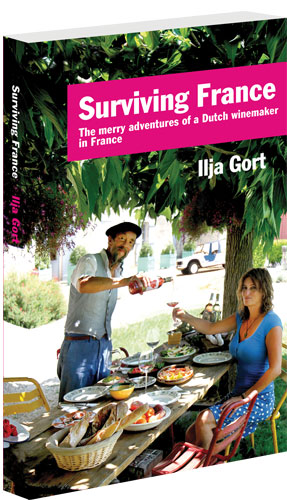
|
|
Surviving France : The Merry Adventures of a Dutch Winemaker In France
Twenty years ago, Ilja Gort bought a run down wine chateau near Bordeaux, which, over a period of ten years, he managed to transform into a highly successful winery.
Today his La Tulipe wines are winning numerous awards at international wine fairs and are for sale all over the world.
Surviving France is Gort's humorous account of his first years as a chateau owner and wine maker.
In his unique witty way he details the ins and outs of life at a French wine chateau.
He unearths well kept secrets about wine and reveals what it took to make his dream come true. Sometimes lighthearted, sometimes profound, but always sincere.
A delightful book, and a must-read for every francophile out there.
More than 250.000 copies sold in Holland!
Paperback and ebook (Kindle) now available at Amazon.co.uk
Kindle Edition £ 4.02
Paperback £ 7.46
Cliquez ici! |
 |

|
You can find Château la Tulipe de la Garde Bordeaux Superieur at Sainsbury's supermarkets.
Cliquez ici for more information.
|
| |
Share this Slurp! on Facebook
|
Retweet this Slurp!
|
| |
Allez, Wholeharted Santé!
 |
|
forward this Slurp!
|
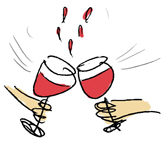
|
|
|
|
follow us
|
|
 |
|
|
|
|
